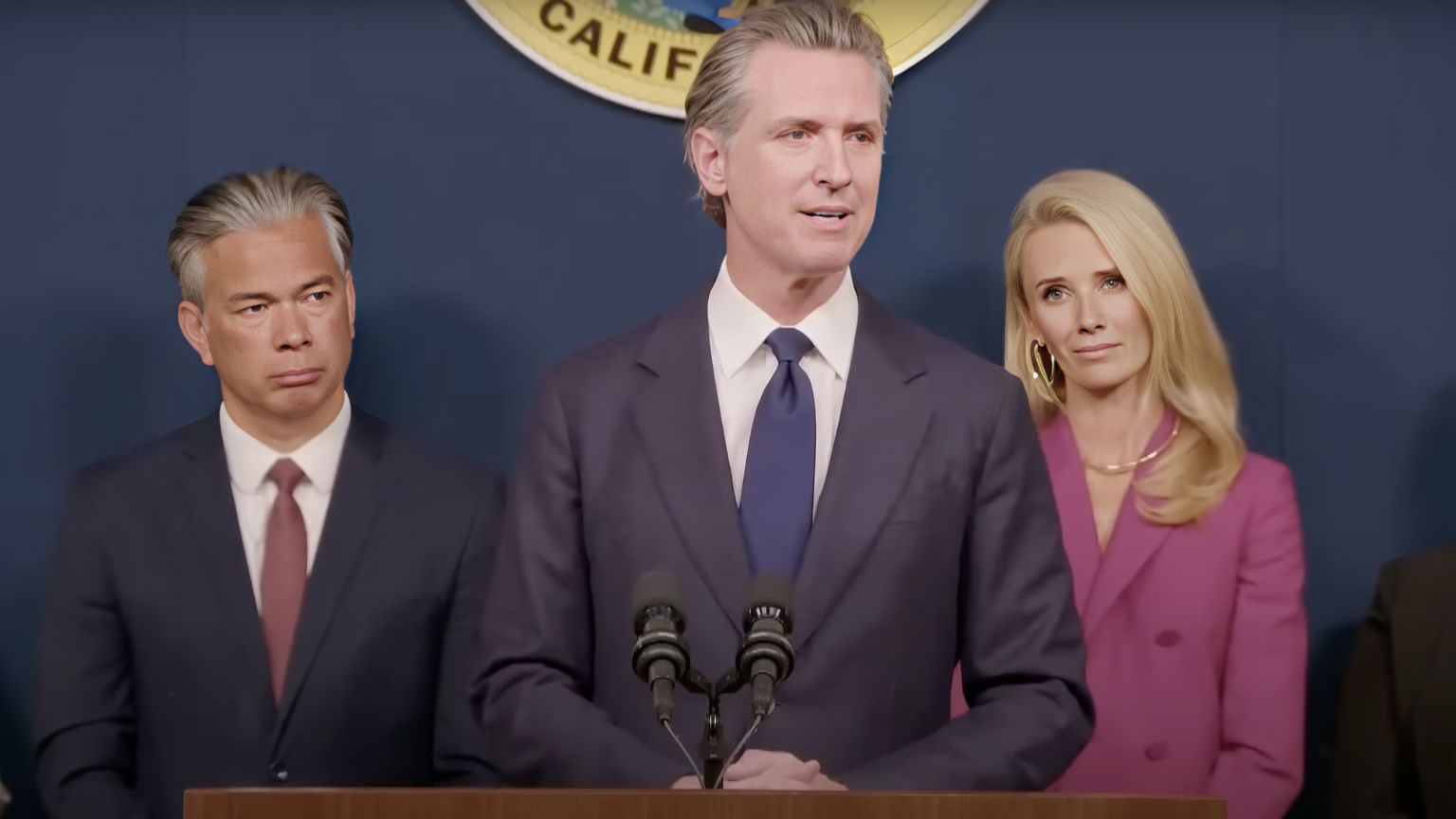The California Senate Business, Professions, and Economic Development Committee approved bill AB 2098, which would punish doctors for disagreeing with the state’s chosen authority and spreading COVID “misinformation.”
According to the author of the bill, Democrat Assemblyman Evan Low, the controversial bill “helps ensure we tackle misinformation and disinformation” spread by doctors about COVID.
We obtained a copy of the bill for you here.
The bill was drafted after doctors sharing their opinions about Covid on social media was seen to be undermining public messaging.
The bill argues that misinformation by medical practitioners is negligent:
“‘Misinformation’ means false information that is contradicted by contemporary scientific consensus to an extent where its dissemination constitutes gross negligence by the licensee.”
An analysis of the bill by the committee concluded that it:
“Makes disseminating misinformation, as defined, or disinformation related to COVID-19, including false or misleading information regarding the nature and risks of the virus, its prevention and treatment; and the development, safety, and effectiveness of COVID-19 vaccines, by a physician and surgeon unprofessional conduct.”
During the hearing of the bill by the committee earlier this week, it was heavily opposed, particularly on First Amendment grounds and the idea that doctors should be allowed to go against “scientific consensus,” as that’s how major discoveries of the past have come to be.
In his testimony, Dr. Aaron Kheriaty noted that the bill was written during the pandemic, meaning some of the things that were considered false have turned out to be true.
“A physician with a gag order is not a doctor patients can trust,” he argued.
Laura Powell, a lawyer, told Assemblyman Low that: “You can’t achieve your goals [with the bill] without violating the Constitution,” adding that “there is no misinformation crisis,” the problem is that “the public has lost faith in the medical industry.”
Even the California Health Coalition Advocacy opposes the bill: “Top doctors in their field from UCSF, Stanford, and other well respected institutions are speaking out about their lack of support for COVID-19 vaccines for children. Would these respected doctors be disciplined if AB 2098 were to pass?
“The understanding of the data and science related to COVID-19 continues to change as more studies are done. Standards of care are being updated as new information and treatments emerge. Any attempt at determining ‘contemporary scientific consensus’ will be fleeting.”
Republican State Sen. Melissa Melendez took issue with the bill’s definition of misinformation as anything that contradicts “contemporary scientific consensus.”
“We know things now that we didn’t know during the pandemic,” Melendez said, adding that she was concerned with scenarios where a doctor would be punished for “yesterday’s settled science” that has been accepted today.
Her sentiments were supported by fellow conservative State Sen. Rosilicie Ochoa Bogh.
“Science is always evolving,” Ochoa Bogh said. “Doctors need space to try new things without a ‘disinformation’ label.”
Low countered their arguments by saying the medical board will consider ‘malicious intent’ before punishing doctors.
Ochoa Bogh asked Low if it is “malicious intent” for doctors to do medical research; “Would that be considered under the malicious intent before it is scientific truth?”
Even the chairman of the committee, Democrat State Sen. Richard Roth expressed skepticism over the bill: “In order to take action against a doctor, ‘contemporary scientific consensus is scientific agreement. Is there scientific agreement?”
However, the California Medical Association supports AB 2098.
Despite credible arguments against AB 2098, it passed 9 to 4, with no Republican voting in favor. It is now headed for the Senate Appropriations Committee.










